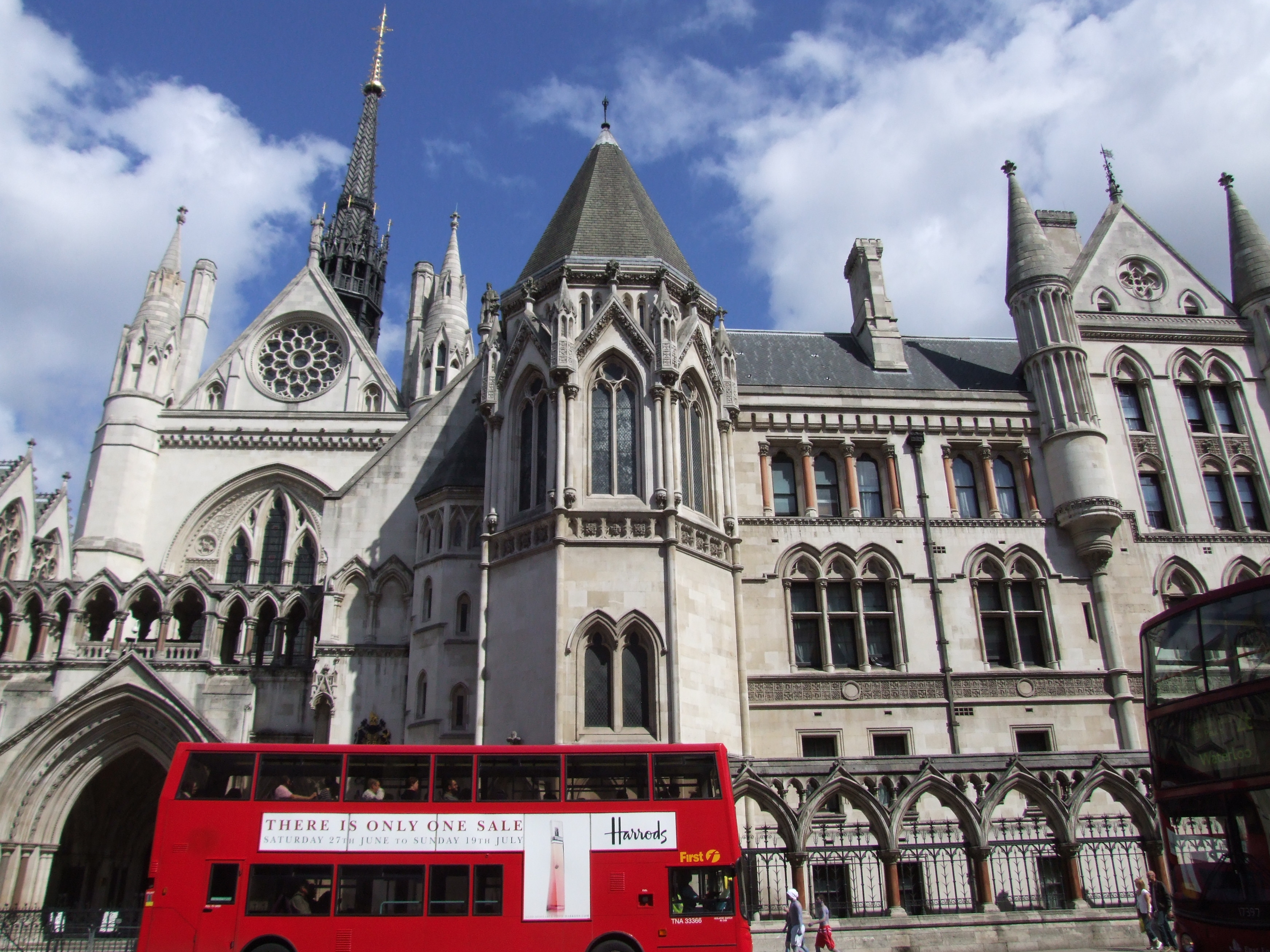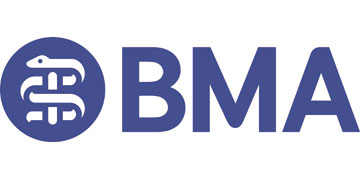The House of Commons has rejected an amendment from the House of Lords to increase the state pension triple lock in line with the earnings link.
The House of Lords previously voted through an amendment to retain the earnings link, following the government's decision to suspend this element for 2022/23 in light of the “skewed and distorted” measure seen as a result of the pandemic.
The amendment instead proposed using an “underlying” earnings growth figure, which stripped out the effects of the pandemic, rather than the 8.3 per cent figure produced by the Office for National Statistics (ONS).
However, in a House of Commons debate, Pensions Minister, Guy Opperman, said that the ONS had investigated whether it was possible to produce a single robust figure for underlying earnings growth that stripped out impacts from the pandemic, and concluded that it was not possible.
He stated: "We believe it would be reckless in procedure and in law for this or any other government to set a precedent for uprating benefits or pensions using a methodology that is not robust and for which there is no consensus.
"That is why the government have decided to suspend the earnings link in this year of exceptional and anomalous earnings growth.
"I remind the house that over the two years of the pandemic the government will have ensured that the pensions covered by this bill will have increased by much more than prices, by reason of the 2.5 per cent increase last year and the link to CPI this year."
Opperman also reiterated that the suspension would only last for one year, and will revert to the current legislation following this.
"The triple lock will, I confirm, be applied in the usual way for the rest of the Parliament," he said.
AJ Bell head of retirement policy, Tom Selby, said that the government's decision to stand "firm in the face of opposition" was no surprise given that the initial decision to "row back on a clear manifesto commitment" will not have been taken lightly.
“The fact inflation is expected to run hot over the next 12 months has added fuel to the fire, with next year’s planned 3.1 per cent rise in the state pension likely to feel like a real term cut if prices increase by 4 per cent or more," he continued.
“However, Pensions Minister, Guy Opperman, said last night it would not be possible to produce a reliable alternative earnings measure.
“What’s more, even a small extra increase in next year’s planned state pension would leave the Chancellor with a sizeable hole in his spending plans.
"Every 1 percentage point increase in the state pension adds around £900m to its cost – money which would likely have to be found from elsewhere.”
Adding to this, Interactive Investor head of pensions and savings, Becky O’Connor, warned that the news could be "disappointing for pensioners", suggesting that there is a "real risk that some pensioners will struggle to stay warm and well fed this winter".
“But the longer-term threat is that the door is now open for the state pension triple lock to be scrapped for good," she continued. "This is worrying. The government says it will reinstate the triple lock after a year - but a lot can happen in a year and the risk is that the government will renege on this promise.
“For future generations of workers, who might one day depend on the state pension for the bulk of their retirement income, the chipping away of the triple lock is concerning.”
This was echoed by Aegon pensions director, Steven Cameron, who argued that, amid rising food and fuel prices, many pensioners will be feeling "left out in the cold".
He said: “Most would agree maintaining the state pension triple lock in its unadjusted form would have failed the test of intergenerational fairness, granting pensioners a ‘pandemic windfall’ increase of over 8 per cent arising from distortions in earnings during furlough.
"The multi-billion pound cost of this would have been met from the National Insurance of today’s workers.
"But taking away the earnings component entirely and using an inflation figure which is already past it’s sell by date is a double whammy to those for whom the state pension is their main or only income in retirement."
Latest News
-
OBR analysis reveals potential impact of salary sacrifice changes
-
Strong funding levels continue as endgame landscape reshaped by innovation
-
Harwich Haven Authority Pension Fund finalises £45m buy-in with Royal London
-
GAD publishes LGPS gender pension gap reporting guidance
-
DB scheme funding levels continue to improve heading into 2026
-
News in brief - 6 February 2026
Private markets – a growing presence within UK DC
Laura Blows discusses the role of private market investment within DC schemes with Aviva Director of Investments, Maiyuresh Rajah
The DB pension landscape
Pensions Age speaks to BlackRock managing director and head of its DB relationship management team, Andrew Reid, about the DB pensions landscape
Podcast: From pension pot to flexible income for life

Podcast: Who matters most in pensions?

In the latest Pensions Age podcast, Francesca Fabrizi speaks to Capita Pension Solutions global practice leader & chief revenue officer, Stuart Heatley, about who matters most in pensions and how to best meet their needs
© 2019 Perspective Publishing Privacy & Cookies










Recent Stories